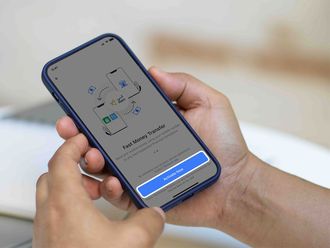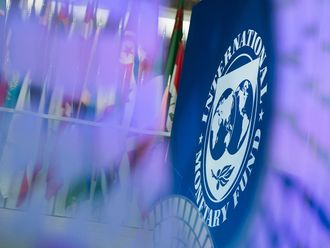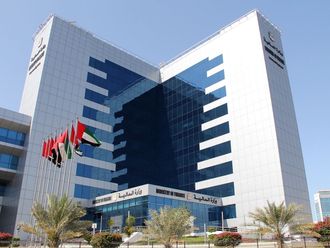Dubai: Favourable market conditions supported the strong growth of corporate and infrastructure sukuk issuance across the GCC in the first nine months of 2017, but the outlook for 2018 is uncertain, according to rating agency Standard & Poor’s.
In the first nine months of 2017, issuance in this segment increased to $6.8 billion (Dh24.97 billion), up from $2.8 billion during the same period of 2016. And sukuk issuance came to more than half the total of all corporate and infrastructure debt of $12 billion for the 2017’s first three quarters.
This growth suggests some improvement in overall capital market activity, even though the number of corporate sukuk issuers remains low.
Overall, sukuk issuance continues to be dominated by a few bespoke deals, such as Saudi Aramco’s roughly $3 billion (11.25 billion Saudi riyal) issuance. Still, corporate and infrastructure sukuk issuance remains a small fraction — just 8 per cent of total GCC issuance (both conventional bonds and sukuk) across all sectors in the first nine months of 2017.
The GCC currently faces high infrastructure project spending requirements which S&P estimates at around $120 billion-$150 billion annually — including transport-related projects — between now and 2019.
It also faces refinancing needs in the region of $23.6 billion in corporate capital market debt due between 2017 and 2019.
“The possibility of evolving geopolitical uncertainties can have refinancing risks,” said Karim Nassif, an analyst with S&P. “Therefore, corporate and infrastructure sukuk could over time begin to reflect a higher share of overall issuance, particularly if sovereigns can shrink their sizeable fiscal deficits that require more debt to fund.”
Rising infrastructure needs and relatively low interest rates were the two strong support factors for corporate and infrastructure sukuk in the GCC in the first half of 2017.
Analysts see positive offshoots emerging that can support growth in the market, such as the potential for green sukuk-like renewable energy projects.
Supporting environment
GCC banks traditionally operate with high levels of capital, but analysts expect Basel III to make less of it available for project finance.
That could make issuers consider capital market options in the form of conventional project finance debt or sukuk as an alternative to bank finance.
“Given our expectations for continued slow growth in bank deposits, we believe banks will be more selective in their balance-sheet allocations, particularly toward longer-tenor lending facilities, and we generally expect the cost of bank borrowing to increase in the Gulf,” said Mohammad Damak, a credit analyst with S&P.
The monetisation of infrastructure assets could be another key driver. Some of the big utilities and energy companies in the GCC are considering more project bonds to monetise future cash flows by using capital markets issuance, and that could be a conduit for more capital market and sukuk options as a form of financing.
A case in point would be the Acwa Power Management and Investment One Ltd deal, comprising a monetisation of future dividend streams from minority shares in a portfolio of power and water assets in Saudi Arabia.
Sukuk, being an asset-linked form of funding, lends itself naturally as a funding tool for financing essential infrastructure.
More recently, the UAE’s Abu Dhabi Crude Oil Pipeline LLC (ADCOP) issued $3 billion (Dh11 billion) of project bonds, which reflected a monetisation of future cash-flow streams related to oil pipeline shipments.
Both transactions use existing assets with predictable, stable future cash-flow streams to obtain fixed-priced-based long-term funding up-front by way of bond issuances.
ADCOP funding was used for repayment of existing shareholders and funding of future capital expenditures.
“We see these transactions as creating new pockets of stable long-term liquidity in a time of low hydrocarbon prices and [when] banks [both regional and international] are finding it harder to lend long-term for infrastructure amid regulation [Basel III],” said Nassif.












